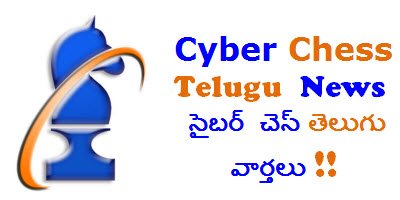When the chips are down, computers can now beat humans at most cerebral and mechanical activities. They can fly planes, drive cars, arrange timetables, make lists and retrieve information better, more accurately and faster than we mere mortals. At chequers (draughts), computers have a program that cannot lose, and, at best, can be tied. Deep Blue, a supercomputer-based chess-playing software system, can trounce the world champion at chess. But humans still have one ace in the hole. And that is poker.
At an interspecies match at the University of Alberta, two professional high-rollers beat a gambling computer with the unusual nom de cartes of Polaris. They mocked their mechanical opponent’s play as “sick”, when the machine made an extraordinary or unusual action. They were playing Texas Hold ’Em heads-up limit poker. So the computer science professors are going back to their keyboards to try new algorithms and strategies. And even the ranks of nongamblers, who do not know their blue chips from the ace up their sleeves, can scarce forbear to up the ante.
For poker calls for two human qualities that cannot be reproduced mechanically: bluff and imagination. A poker face beats a computer screen every time. You can program your computer for different opponents or styles of play called “bots” in the trade, but you cannot prepare it for the forgotten factor of human orneriness. Statisticians said that if you gave a zillion chimpanzees a zillion keyboards, they would end up by tapping out the works of Shakespeare. Because of the internet we now know that this is not true. The failure of computers to call our bluff is conclusive evidence that we are still on the winning team. More in

No comments:
Post a Comment